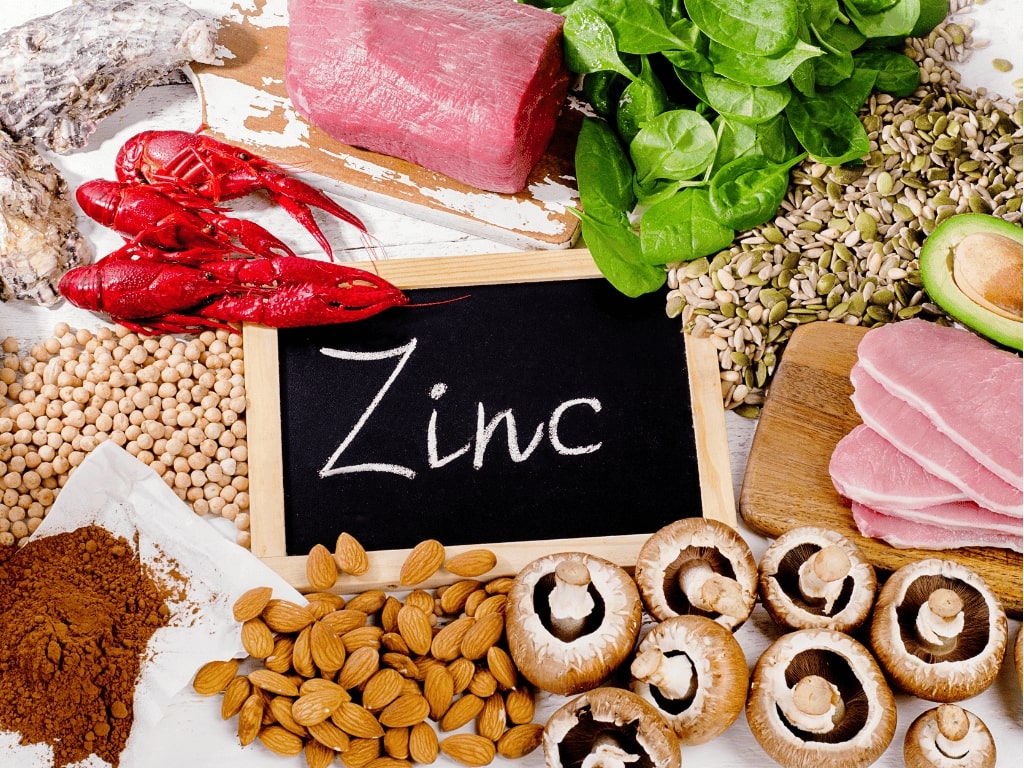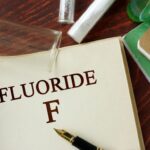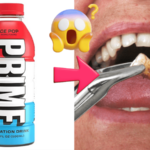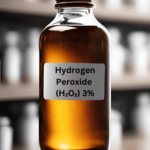When it comes to maintaining a healthy smile and overall oral health, we often focus on brushing, flossing, and regular dental check-ups. However, there’s a lesser-known hero in the world of oral health: zinc.
What is Zinc?
Zinc, an essential trace mineral, plays a vital role in maintaining optimal health. This micronutrient is the second most abundant mineral in the human body, with over 300 enzymes and 1,000 proteins relying on zinc for proper function. Zinc’s diverse responsibilities include:
- Supporting immune function and wound healing
- Regulating gene expression and cell growth
- Maintaining healthy skin, hair, and nails
- Facilitating sensory functions like taste, smell, and vision
- Boosting antioxidant defenses against oxidative stress
Despite its importance, zinc deficiency affects millions worldwide, with severe consequences for overall health, particularly oral health. This essential mineral plays a vital role in keeping our teeth, gums, and mouth healthy. In this post, we’ll delve into the importance of zinc in oral health, its prevalence, and the consequences of deficiency.
Zinc in Dental Science
When it comes to oral health, zinc is a powerhouse mineral that:
- Fights bacteria and plaque: Zinc has antimicrobial properties, helping to combat harmful bacteria that cause tooth decay and gum disease.
- Supports immune function: Zinc boosts the immune system, enabling it to respond effectively to oral infections.
- Maintains healthy gum tissue: Zinc is essential for collagen synthesis, ensuring gums stay strong and resilient.
- Prevents bad breath: Zinc helps regulate volatile sulfur compounds (VSCs), reducing the likelihood of halitosis.
- Enhances wound healing: Zinc accelerates the healing process for mouth sores, cuts, and gum injuries.
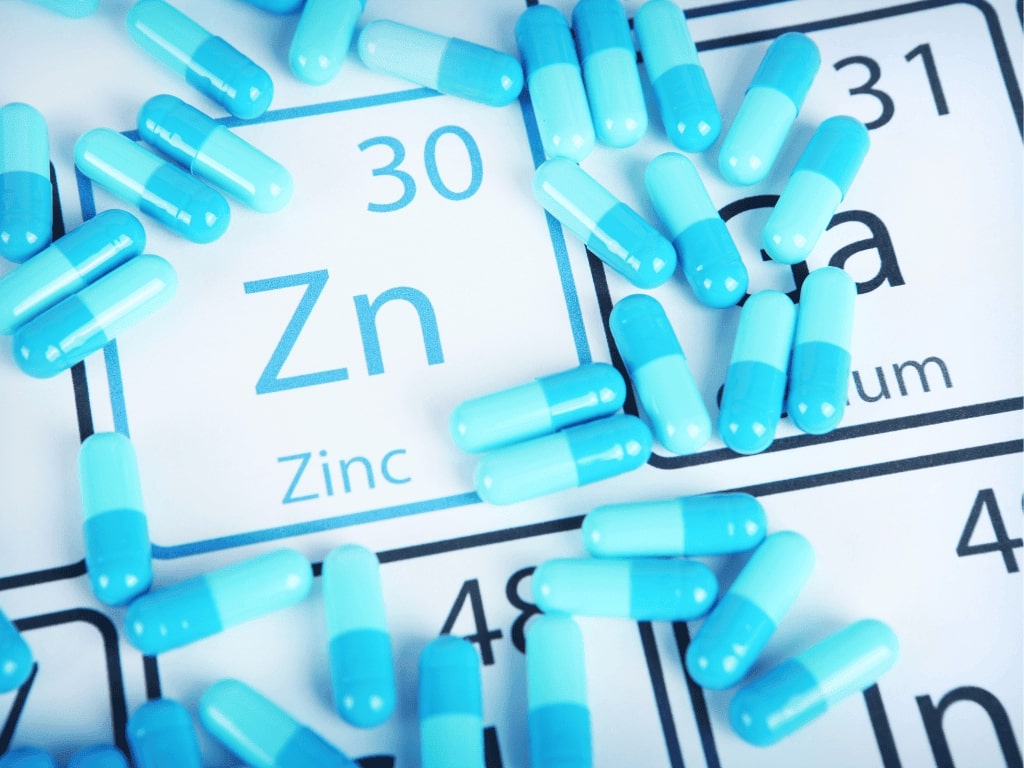
The Alarming Prevalence of Zinc Deficiency
Studies have shown that zinc deficiency affects more than 2 billion people globally. We have tabulated the prevalence rates of zinc deficiency by population, geographic regions, and age-groups below.
Zinc Deficiency Prevalence Chart:
| Population | Prevalence |
| Global | 17.3% |
| Elderly | 40% |
| Pregnant Women | 25% |
| Children (Developed Countries) | 10-15% |
| Low-Income Communities | 30-50% |
| Developing Countries | 20-40% |
Regional Zinc Deficiency Rates:
| Region | Prevalence |
| Africa | 24.1% |
| Asia | 20.5% |
| Latin America | 15.1% |
| Europe | 10.3% |
| North America | 8.5% |
Age-Specific Zinc Deficiency Rates:
| Age Group | Prevalence |
| 0-5 years | 25.6% |
| 6-12 years | 17.1% |
| 13-19 years | 14.5% |
| 20-49 years | 12.2% |
| 50+ years | 23.4% |
Consequences of Zinc Deficiency in Oral Health
A zinc-deficient diet can lead to:
- Increased risk of tooth decay: Weakened enamel and compromised immune function make teeth more susceptible to cavities.
- Gum disease and recession: Poor gum health can result in swollen, bleeding gums and eventual tooth loss.
- Impaired taste and smell: Zinc deficiency can disrupt taste and smell receptors.
- Delayed wound healing: Mouth sores and injuries take longer to heal.
- Increased risk of oral cancer: Some studies suggest a link between zinc deficiency and oral cancer development.
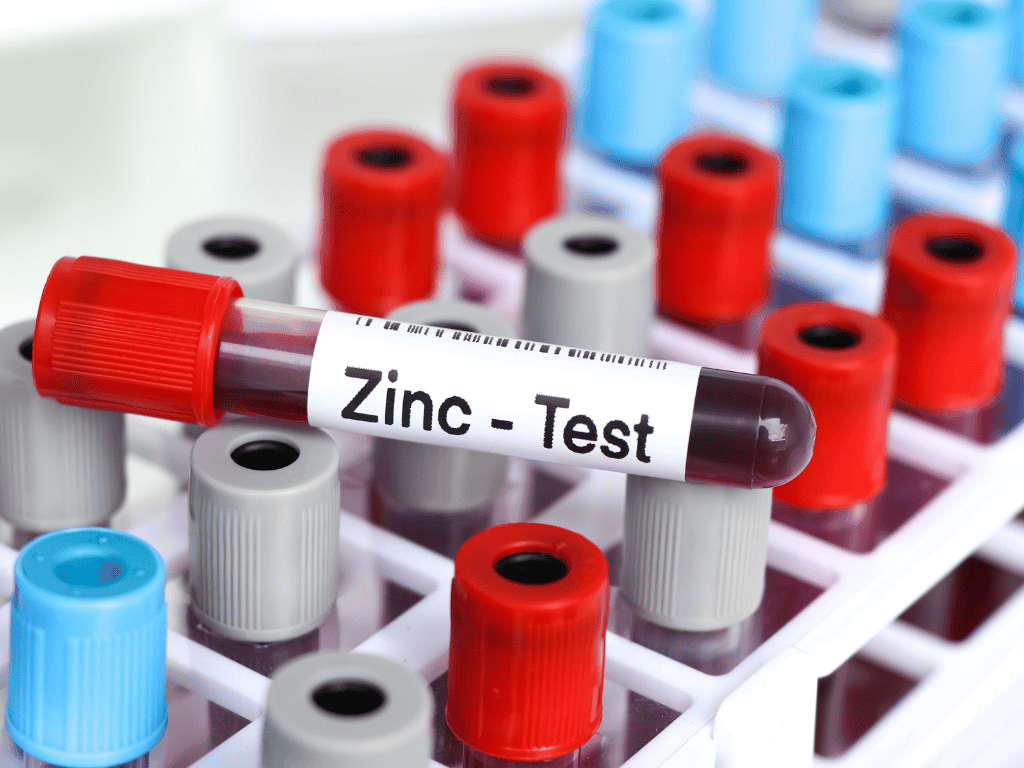
Boosting Zinc Intake for Better Oral Health
To ensure adequate zinc levels:
- Eat zinc-rich foods: Oysters, beef, chicken, pumpkin seeds, and fortified cereals.
- Consider supplements: Consult with your healthcare provider or dentist.
- Maintain a balanced diet: Include zinc-fortified foods and a variety of whole foods.
Working Towards That Better Smile
Zinc is a vital component of oral health, and deficiency can have serious consequences. By understanding the importance of zinc and taking steps to ensure adequate intake, you can:
- Strengthen your teeth and gums
- Boost your immune system
- Reduce the risk of oral health issues
- Maintain a healthy, radiant smile
Don’t underestimate the power of zinc in oral health. Make informed choices and prioritize this essential mineral for a lifetime of optimal oral well-being.
The Complete Picture
Do you want to learn more about minerals and oral health? How about vitamins and oral health? Tooth Engineers took a dental science deep dive into the essential vitamins and minerals for optimal oral health. Check it out here.
Follow Us!
If you liked this article, then please subscribe to our YouTube Channel and Medium Blog for more Tooth Engineers content. You can also find us on Instagram and Facebook.
Sources:
- World Health Organization
- National Institutes of Health
- American Pregnancy Association
- Journal of Pediatric Health Care

